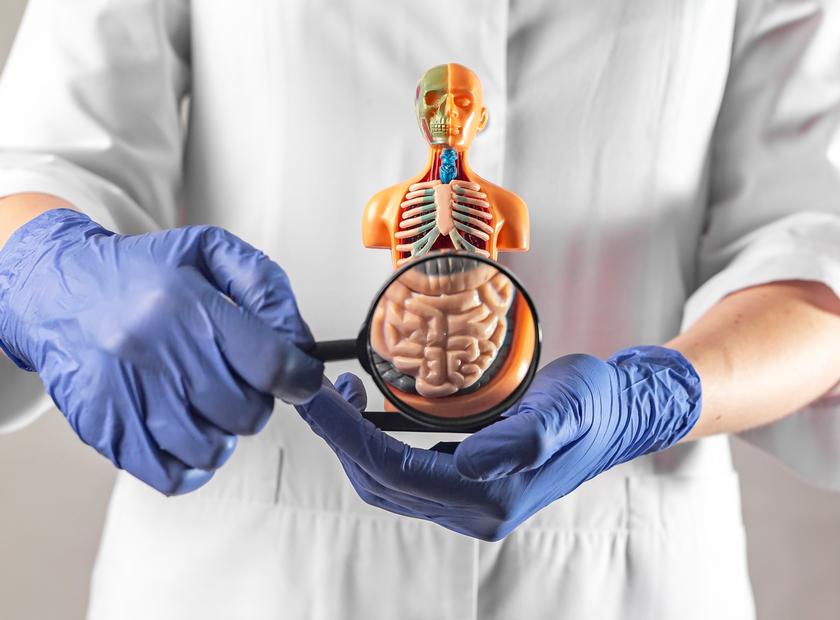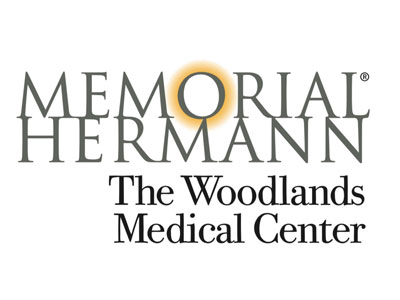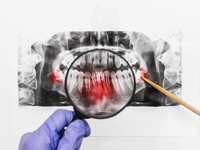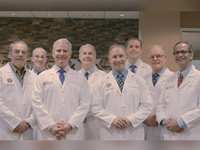Making Colonoscopy Prep More Palatable

No one looks forward to getting a colonoscopy, but it remains the best way to prevent colorectal cancer — and recent improvements are making the prep more comfortable than it’s ever been.
Cancer of the colon and rectum is one of the most common and deadliest cancers in the U.S., and in recent years it has become increasingly prevalent among people younger than 50, according to the National Cancer Institute. That trend was concerning enough that a consensus emerged in the medical community to lower the recommended age for a first screening colonoscopy by five years, from age 50 to 45.
“What we started noticing in the last decade or so is a gradual increase in the rate of colon cancer in people younger than 50, and more people dying from colon cancer younger than 50,” says Nirav Thosani, MD, an associate professor at McGovern Medical School at UTHealth Houston and an affiliated gastroenterologist at Memorial Hermann. “Colon cancer is one of the top five leading causes of cancer-related death in the U.S. But it doesn’t have to be deadly. Diagnosed early, it has excellent survival rates.”
Colon cancer rarely causes symptoms until the more advanced stages, when it has spread significantly and can be difficult to treat. That’s why routine colonoscopies are so important. They allow doctors to detect cancer early — ideally before it has started, when they can prevent it from developing in the first place.
“A screening colonoscopy is the most helpful of all the interventions available to prevent colon cancer, because not only does it find polyps, or precancerous lesions, in the colon and rectum, it allows us to remove them before they become cancerous,” says Dr. Thosani.
Still, many people are reluctant to get a colonoscopy, in part because of the perception that the process is uncomfortable. In fact, the CDC found that nearly 30 percent of Americans between the ages of 50 and 75 are not up to date on the recommended screening test for colorectal cancer. That’s a tragedy, Dr. Thosani says, because it means lives will be lost needlessly to a preventable cancer.
It also underscores the need to make colonoscopies more popular. But there’s good news on that front: colonoscopies are already much easier than ever before, and new advances are making the process more pleasant, from bowel prep to the procedure itself.
Prep for a colonoscopy starts a few days before the procedure, when patients switch to a low-fiber diet. Then there’s a bowel-cleansing agent that helps clear the colon just before the procedure. That used to come in the form of four liters of chalky liquid, but now there are lower-volume alternatives, including a one-liter solution, that taste much better. For people who can’t tolerate the liquid at all, there’s a new pill-based prep as well.
There are also fewer restrictions now on what you can eat the day before your colonoscopy. “It used to be a clear liquid diet, but now you can have low-fiber and low-residue foods such as eggs, milk, yogurt, cheese, white bread and white rice, if needed,” Dr. Thosani says. “That has increased the rate of patient acceptance for the procedure.”
Other recent advances have improved the accuracy of the procedure as well as the patient experience. After all, colonoscopies are the best tool we have to prevent colon cancer, but they’re not perfect, Dr. Thosani notes. “Some studies show that up to 40 percent of the time during colonoscopies, polyps are not removed completely,” he says. “Finding a polyp is not enough — you need to be sure you’ve removed it completely as well.”
New technologies, including high-definition cameras, improved lighting and advanced imaging, are helping surgeons find and remove even the most elusive polyps. “The most exciting advance has been the development of artificial intelligence working alongside the physicians, which can help you find more polyps,” says Dr. Thosani. “At UTHealth Houston and Memorial Hermann, we have been doing active research on new AI technologies.”
One of these technologies was recently approved by the FDA for widespread use; two others are still in clinical trials. “One of those not only finds polyps, but it can also measure the size of the polyp. That helps us ensure that we’ve removed polyps completely, and we think that’ll have a huge impact on future colonoscopies,” Dr. Thosani says.
For more information, visit www.memorialhermann.org/services/conditions/colon-cancer.

















